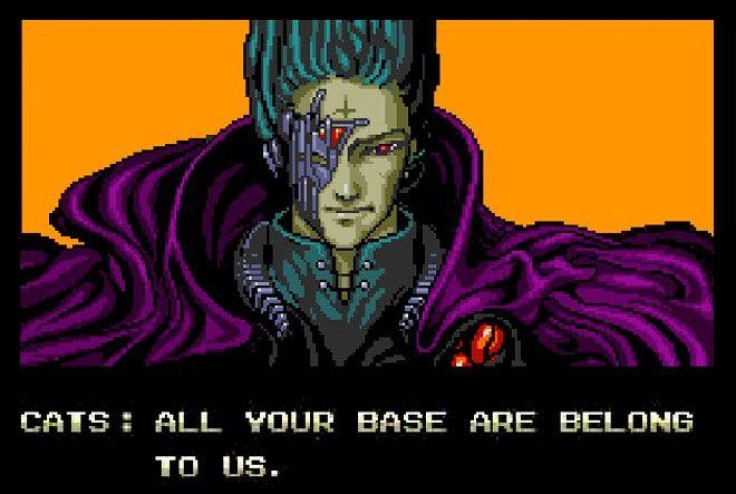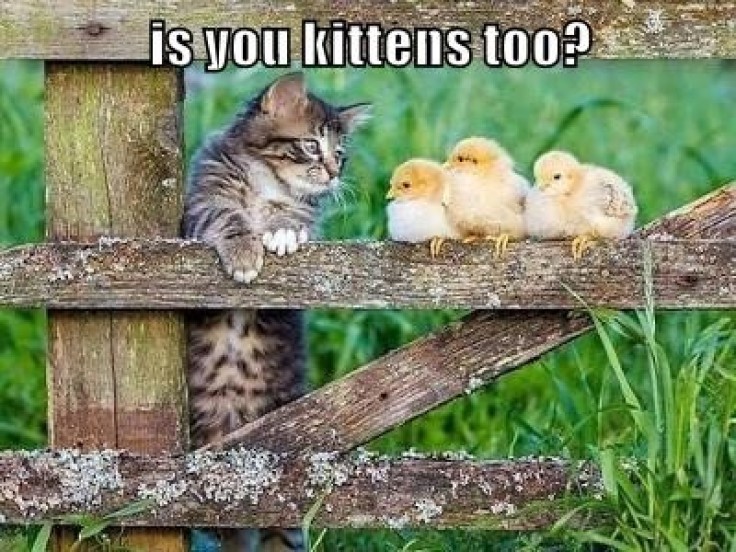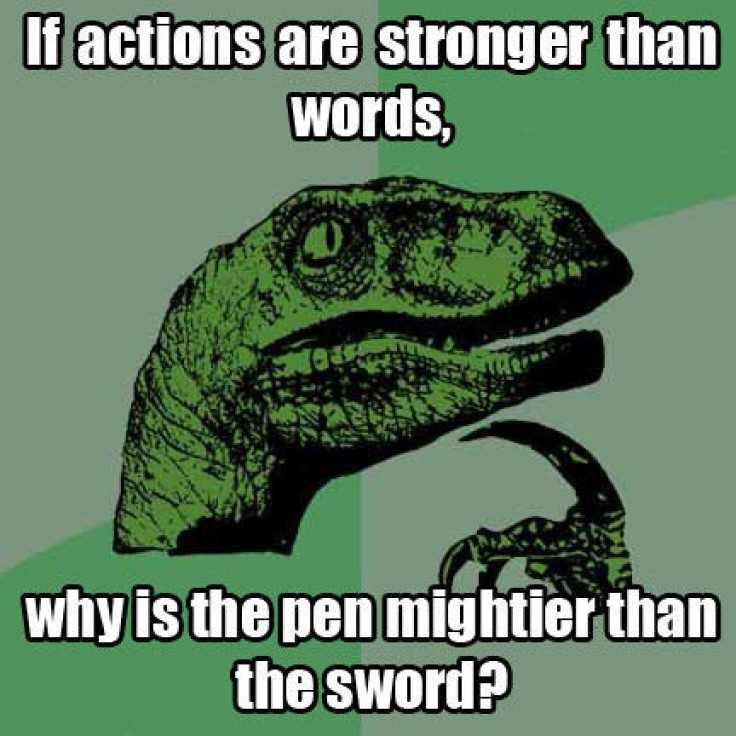Most, if not all, people on the internet have probably seen or heard about internet memes, or as some people like to call them: funny pictures. Some of these memes reference something in pop culture, like "Is This A Pigeon?," while some were given a different context, thanks to their caption, like "Sad Keanu."
Some are just funny reactions relatable for people to react with, while some are straight-up original creations that made people laugh for years to come.
But how were these memes created, and why do we like them so much?
How Memes Are Created
Memes, believe it or not, is a term already in use even before the internet's meme culture. According to Psychology Today, the word is derived from the Greek word "mimeme," as in imitated thing.
However, the word "meme," as we know it, came from German zoologist and evolutionary biologist Richard Wolfgang Semon, who argued that memes, or "mnemes," evolve via natural selection, just like in biological evolution - the less successful memes die out and become extinct.
The word meme then became defined as an idea, behavior, or piece of culture capable of replicating through one's culture into future generations, be they iconic garments to catchphrases, cat emojis, and gifs online.
Though memes are a blanket term, we will focus instead on the ones that created and sustain the meme culture the world has today on the internet. As previously mentioned, memes consist of anything that provokes a strong emotional reaction strong enough for them to share, allowing it to gain virality through the emotion it invokes.

These things include, but are not limited to, quotes like "All your base are belong to us," funny pictures, iconic scenes in pop culture and video games, original artwork, and even a simple black-and-blue dress.
Memes, believe it or not, is a term already in use even before the internet's meme culture. According to Psychology Today, the word is derived from the Greek word "mimeme," as in imitated thing.
However, the word "meme," as we know it, came from German zoologist and evolutionary biologist Richard Wolfgang Semon, who argued that memes, or "mnemes," evolve via natural selection, just like in biological evolution - the less successful memes die out and become extinct.

The word meme then became defined as an idea, behavior, or piece of culture capable of replicating through one's culture into future generations, be they iconic garments to catchphrases, cat emojis, and gifs online.
Though memes are a blanket term, we will focus instead on the ones that created and sustain the meme culture the world has today on the internet. As previously mentioned, memes consist of anything that provokes a strong emotional reaction strong enough for them to share, allowing it to gain virality through the emotion it invokes.
These things include, but are not limited to, quotes like "All your base are belong to us," funny pictures, iconic scenes in pop culture and video games, original artwork, and even a simple black-and-blue dress.
How Memes Are Spread And Why We Like Them

You may have noticed that everything previously mentioned elicited a strong emotional reaction, even with the black-and-blue dress, due to the arguments it inspired during its run as a meme. These memes are then shared with people, who will create their own twist, propagating the meme further to other people.
However, a meme doesn't have to trigger a strong emotional reaction all the time; sometimes, the captions do that for them, such as in the case of the philosoraptor, confession bear, and socially awesome awkward penguin memes. For memes like this, it is their appearance that creates a strong emotional reaction for the person making the meme to type a fitting caption to match it, making them relatable and worth sharing with others as a form of social or political commentary, per Reader's Digest.
It is these reasons why people like and share these memes with others - they either make someone laugh or start a conversation, passing them along in the process to others, who will share them through social media, which spreads the meme further until it reaches the other side of the world.
Not all memes will go viral. Many of them either don't get the popularity they need to be shared or die out because they lost relevancy lowering the number of people sharing them in favor of more popular memes like Call of Duty: Modern Warfare 2 Ghost memes and "Zoolander" memes.
As such, it takes diligence, a certain faith in humanity that the world's collective consciousness will find your creation funny, and maybe a good rights attorney to possibly retain monetization rights for it, much like what happened to Philosoraptor's creator and KC Green with his "This is Fine" dog comic.
Steven He's "emotional damage" meme is in a similar case. In an interview with Asian Boss Stephen Park, He mentioned that he just made a sketch that made his iconic "emotinal damage" catchphrase stick, but it needed the creativity of the people on the internet to make memes out of it and spread it worldwide.
"These people are far more creative than me - far more talented than me," He said. "They're kind of just using my clip to make hilarious content that I think are fantastic."
Related Article : 5 Best Memes That Made You Laugh in 2022










